As Marry My Husband jumped the shark last week – or, alternatively, went splat on the fender of a large, white Truck of Doom – it provides us a good opportunity to talk about Main Character Syndrome and how the Korean drama’s real problem isn’t cheap Makjang twists or its questionable overuse of Evil Women, but instead a serious case of the whole universe revolving around our female lead.
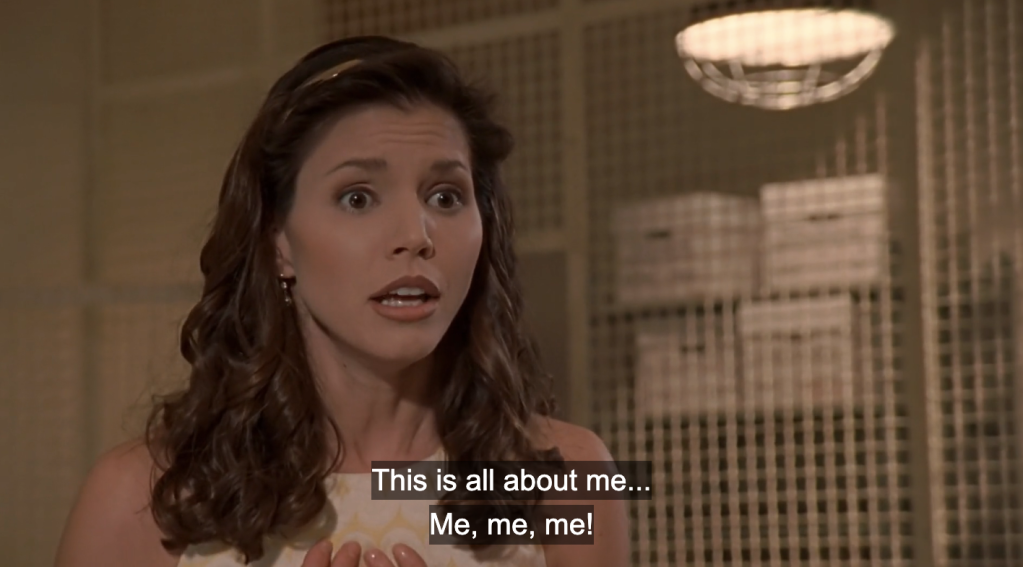
Marry My Husband is one of a new trend of time travel revenge sagas. An abused woman dies and travels back in time to enact karmic revenge on people who… haven’t actually wronged her yet (but that’s a problem for a different piece).
Following the runaway success of last year’s time travel revenge Makjang, Perfect Marriage Revenge, Marry My Husband is about the parentless Kang Ji-won (Park Min-young) who is killed by her husband and best friend after discovering they’re having an affair while she’s dying of stomach cancer. (Stops to draw breath).
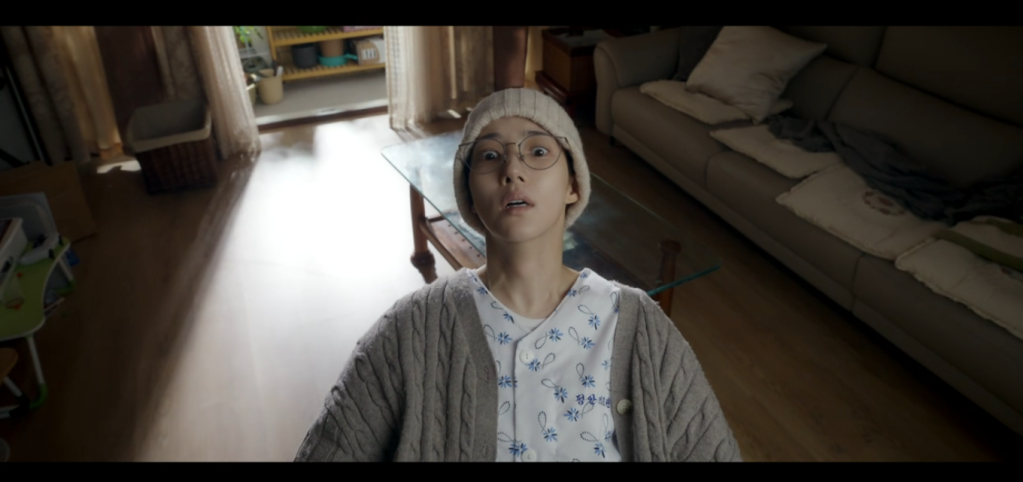
Ji-won is indeed a tragic figure; used and abused throughout her life by a sociopathic best friend, a selfish narcissist of a husband and a harsh, misogynistic mother-in-law. But Ji-won has a dead ancestor in her corner and, as she dies, her deceased father sends her back in time ten years so she can do things over again.
As with Perfect Marriage Revenge, Ji-won’s second chance comes with a perfect man. In Ji-won’s case it’s Yoo Ji-hyuk (Nam In-woo), who has also been sent back in time. Ji-hyuk quietly loved her from afar for years; learning at her funeral about the manslaughter and regretting all the years he didn’t act to help her.
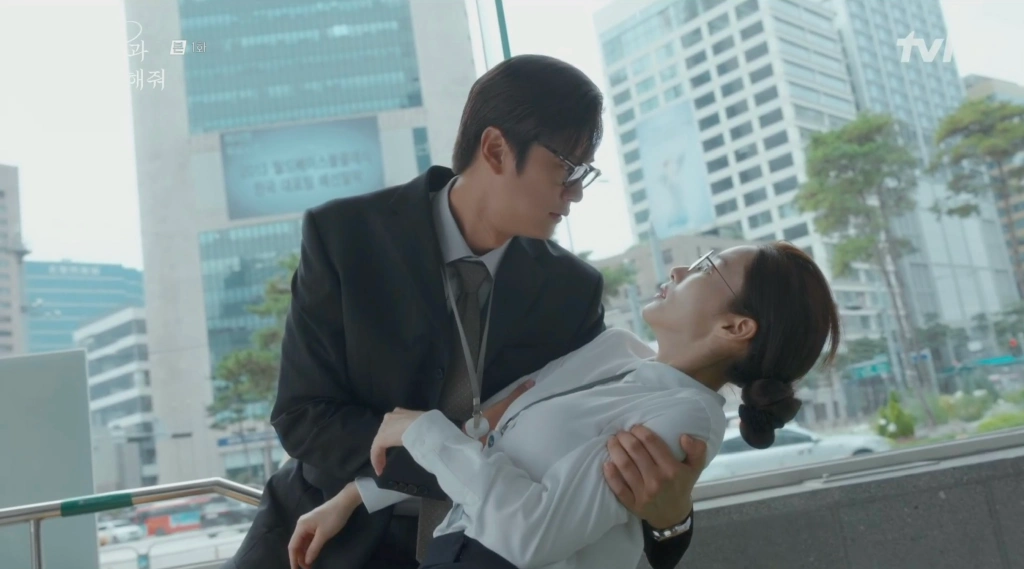
Unlike Perfect Marriage Revenge, where the male lead was pursuing his own happy ending but decided to be the female lead’s perfect helpmate, Ji-hyuk’s entire reason for being sent through time is to help Ji-won. He’s even been branded by her father to designate his purpose.
Yes, this show is literally saying the male lead is a gift to the female lead from her father.
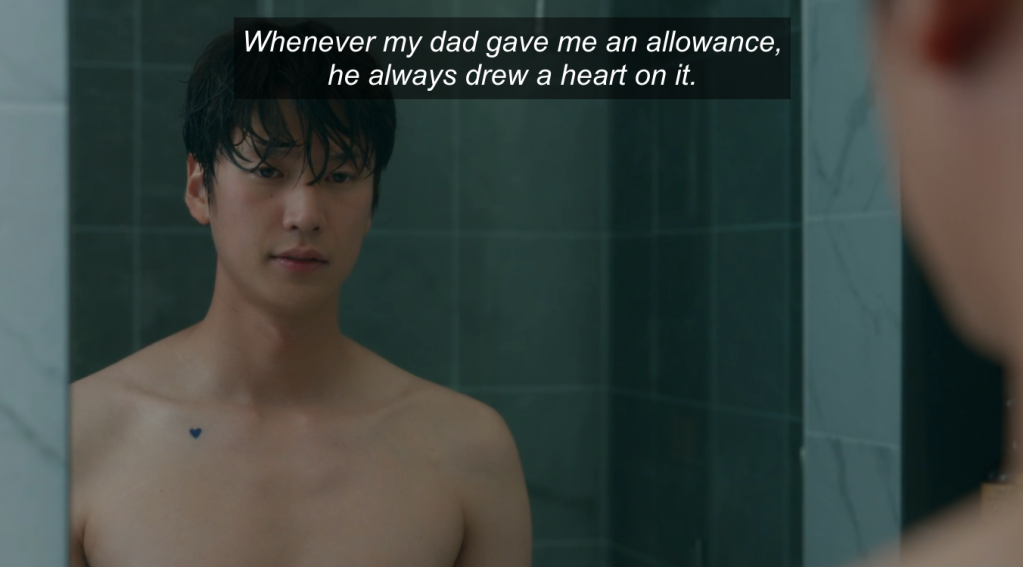
Time travel is wonderful for ditching the cheating husband and the false friend, but one wonders how Ji-won can use it to escape stomach cancer. Well, destiny has a trick or two up its sleeve. Ji-won soon discovers that fate cannot be avoided but it can be offloaded. So she comes up with a cunning plan to remake her life and avoid her painful end. She’ll get her best friend and at-this-point boyfriend to marry instead. That way, the terrible husband, mother-in-law and cancer will be hers instead.
(Yes this is not how cancer works. Yes this is murder. Yes this is not the point of this post… or maybe it is).
Thus the crazy plot of Marry My Husband is born. It doesn’t make any sense and might be considered problematic if looked at too closely – I personally have considerable issues with cancer being seen as bestowed by fate or destiny – but the show’s first half was such a gleeful wink to the audience, such an obvious, blatant piece of fantasy, that it seemed churlish to take issue with it.
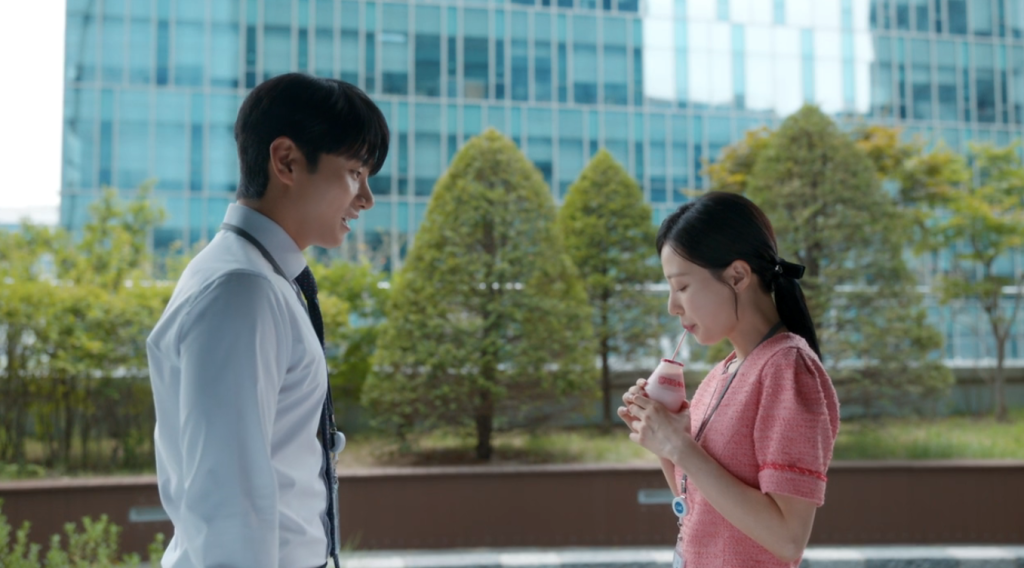
Park Min-young is a fantastic actor and the second leads, Lee Yi-yung (as the gleefully terrible future husband, Park Min-hwan) and Song Ha-yoon (as disturbed, obsessed frenemy, Jung Soo-min) were perfect, loathsome antagonists that you desperately wanted to see undone by our protagonist’s schemes. Na In-woo, (as the female lead’s allowance, Yoo Ji-hyuk) was certainly convincing as somebody who wanted to be an inert lump of earth – sorry, “solid ground”.
Simply put, the show was fun in all its ridiculousness. But it made no bones about whose universe it was. It was Kang Ji-won’s world. Everyone else just happened to live in it.

Main Character Syndrome is a problem baked into time travel revenge dramas; mostly because the entire universe has indeed moved to make the plot happen. Nonetheless, Marry My Husband takes this a step too far.
The first sign in the shark jumping episodes of 11 and 12 was the somewhat inexplicable break up in the opening scene. Viewers were somewhat stumped. Why was Ji-won so angry and upset that a woman Ji-hyuk was not engaged to wanted to speak to him?
The headscratching emotional twists and turns continue from there, culminating in Ji-won sobbing at her father’s grave. The question is why?

The developments make more sense if you consider that everybody, including the writers and Ji-won herself, believes that she is the most important character in this story. Ji-hyuk’s romance-ending crime, then, is having a life outside of his role as Ji-won’s helpmate. As the episode progresses, more and more things happen that reinforce the sense that Ji-won is not, in fact, the most important thing in the universe. Other people have lives, relationships and pasts that have nothing to do with her.
Of course, we, the viewers, know that Ji-won is, in fact, the main character in this story. But Ji-won herself isn’t supposed to know that. The realisation that so many around her are actually people with their own lives is obviously existentially devastating. No wonder she’s crying.
The problem extends also to who is considered good and evil. While the antagonists are clearly objectively awful, the other characters are divided into clear camps: those who spend all their time supporting Ji-won selflessly and unconditionally and those who… don’t.
By having a life outside of Ji-won intrude upon her, Ji-hyuk briefly got himself put into Camp 2. And got soundly abandoned because of it. After all, his entire existence is supposed to be about Ji-won. He’s literally a gift from her father. How dare he have a life before and separate from her? Only by driving himself into a rampaging (and frankly hilarious) Truck of Doom did he finally redeem himself. He’s now back in the right column.
Main Character Syndrome also explains why we’re not supposed to judge Ji-won’s methods for her revenge. Offloading the terrible husband onto the cheating, backstabbing best friend is perfect karma. Trying to get them killed in your place is… well, it’s murder. She wants to murder somebody. One of the characteristics of shows with this particular problem, is that evil deeds are defined not by the act itself but by who does them. Murder is bad when others do it. But if you’re the hero it’s fine.
He got away with it and lived happily ever after, without so much as a guilty twinge about what he had done…which proves that you can be excused for just about anything if you are a hero, because no one asks inconvenient questions.”
Terry Pratchett
In the end, the hijacked White Truck of Doom may have been the murder weapon but Main Character Syndrome is what ultimately killed Marry My Husband.
R.I.P
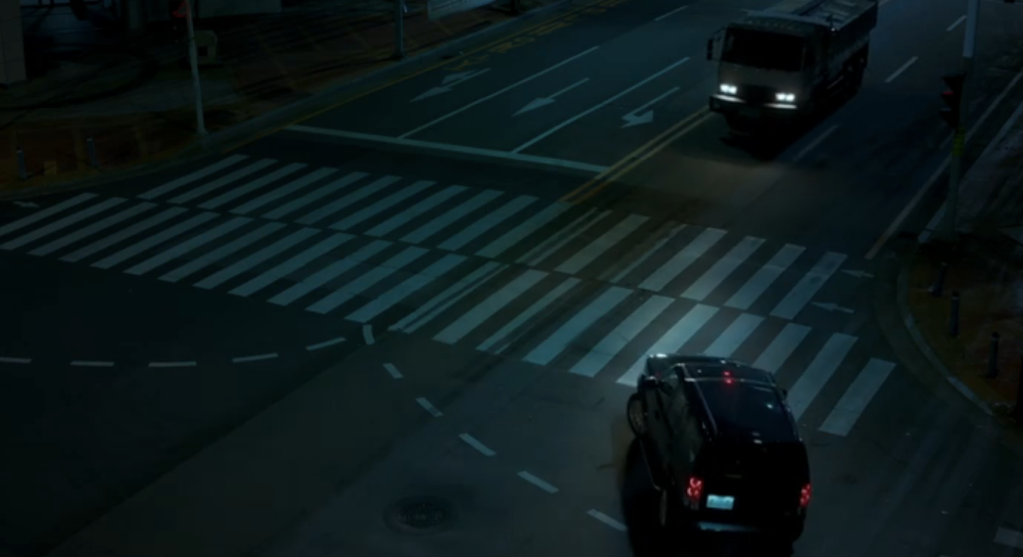



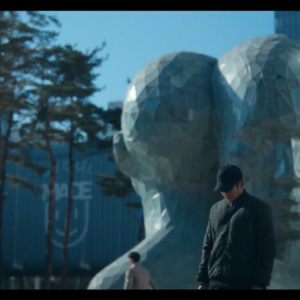
What a great and funny piece, LT! Thanks for laying it out with the perfect level of snark, this was really fun to read. And I agree, I had trouble with how two-dimensional Ji Hyuk was, as a character, and how he literally existed for Ji Won, and Ji Won alone. And yes, I struggled with the passing on of her fate too. I tried to rationalize it based on Show’s logic, but it never did sit too comfortably, no matter how hard I tried. 😅